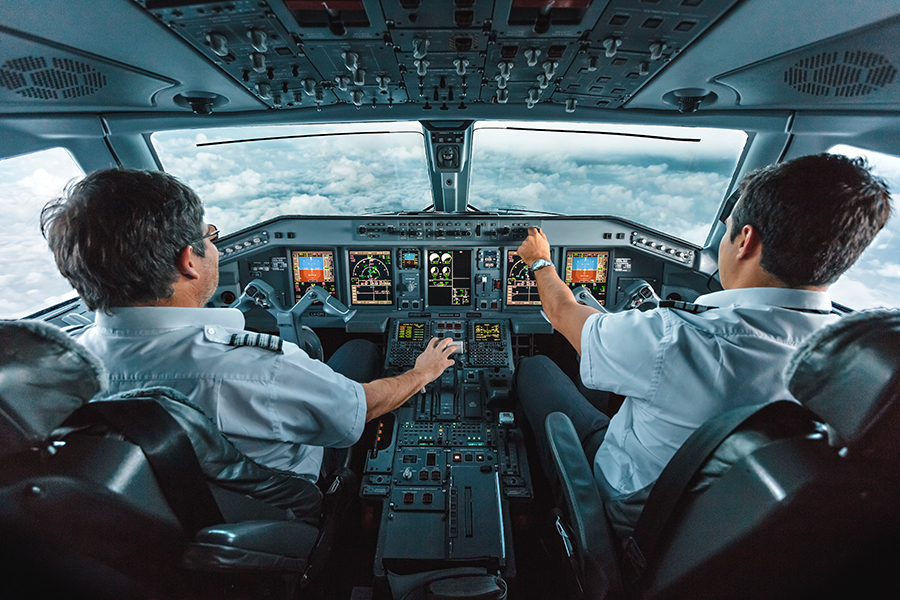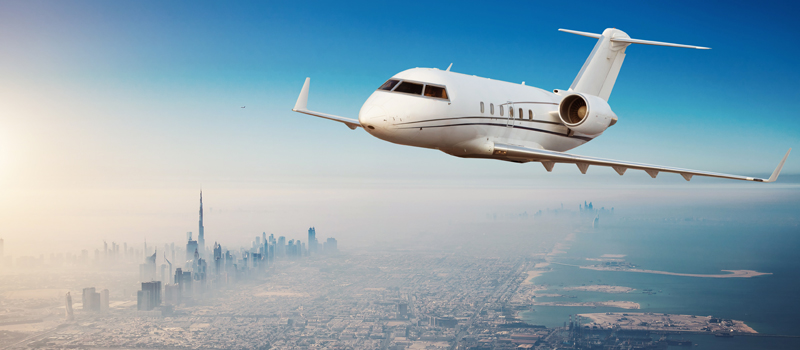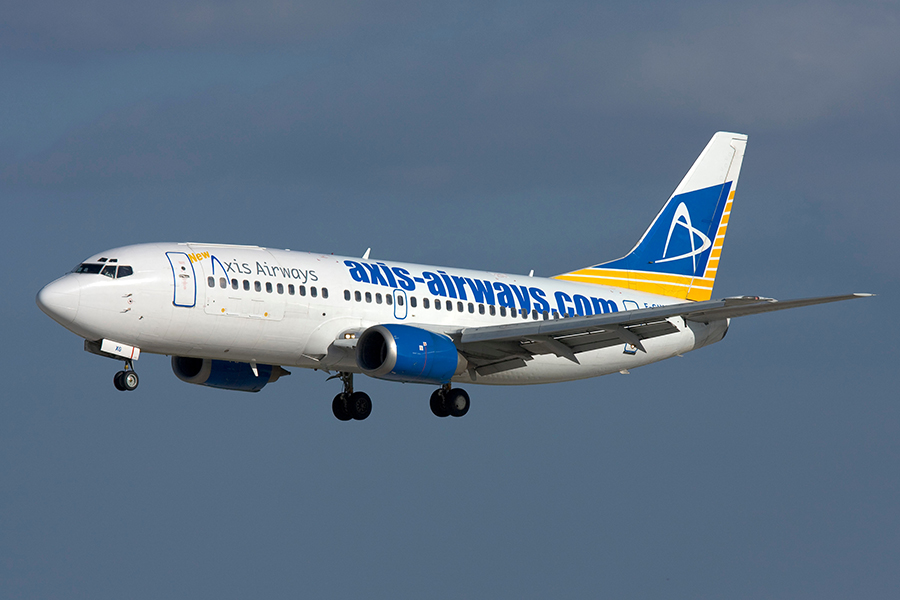Commercial pilots are typically limited to working a certain number of hours in order to ensure that they are well-rested and alert while flying. This is due to the fact that fatigue can be a significant contributor to aviation accidents. Pilots are required by law to keep logs of their flight hours, and these logs must be made available to regulatory agencies upon request.
The typical work week for a commercial pilot is 50-60 hours. Of those hours, only 22 are typically spent flying; the rest of the time is spent on pre-flight preparations, post-flight duties, and traveling between airports.
Pilots who exceed the maximum number of allowable flight hours in a week or month can face disciplinary action from their airline, including being grounded or fired.
The Importance of Rest for Pilots
Commercial pilots are required to follow strict work-hour regulations in order to minimize the risk of fatigue-related accidents. Pilots who exceed the maximum number of allowable flight hours in a week or month can face disciplinary action from their airline and may even have their license revoked or suspended by the Federal Aviation Administration (FAA).
Fatigue is a significant contributor to aviation accidents, so it’s essential that pilots take steps to avoid fatigue whenever possible. One way to do this is by ensuring that they get enough rest between flights. Pilots are typically allowed a certain number of hours off between flights, depending on their schedule and the type of aircraft they are flying.
Pilots also need to get plenty of sleep during their off-hours. Most airlines require their pilots to get a minimum amount of sleep each night, and many have mandatory break periods during the day.
The importance of rest for pilots cannot be overemphasized. By following the proper work hour regulations and getting plenty of rest, pilots can help ensure that they are well-rested and alert while flying.
How Many Hours Are Pilots Typically Allowed to Work
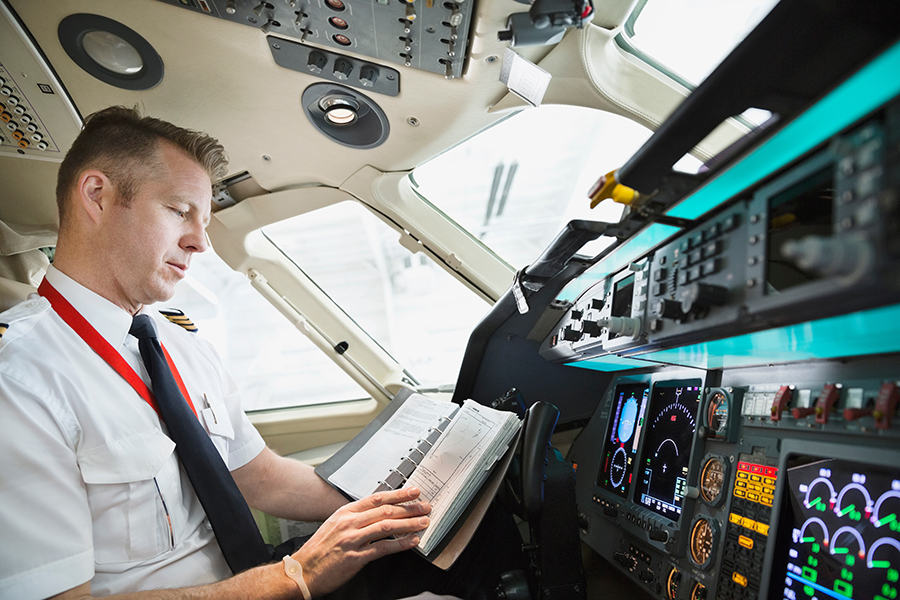
Commercial pilots are typically limited to working a certain number of hours in order to ensure that they are well-rested and alert while flying.
The typical work week for a commercial airline pilot is 50-60 hours. Of those hours, only 22 are typically spent flying. This can vary between airlines and types of aviation operations, with some pilots working fewer hours or more hours on the ground providing training, for example.
How Many Hours Can a Pilot Fly
FAA regulations restrict the amount of time pilots flying for Part 135 and 121 operators can fly within a day, month, and year. Other limitations exist for flight instructors and other commercial operations.
Daily
An airline transport pilot can fly for up to 8 hours within a 24-hour period, and up to 10 hours if there is a second pilot aboard. After flying, pilots are required to rest for at least 16 hours. Some companies have variances to these regulations depending on their operations specifications.
Monthly
According to public data, the average airline pilot flies 75 hours a month. Although, they are allowed by law to fly up 100 hours within 30 days.
Yearly
Pilots are restricted to no more than 1,000 flight hours within a 12-month period. They will typically fly around 700 hours per year.
Fatigue and Its Effects on Pilot Performance
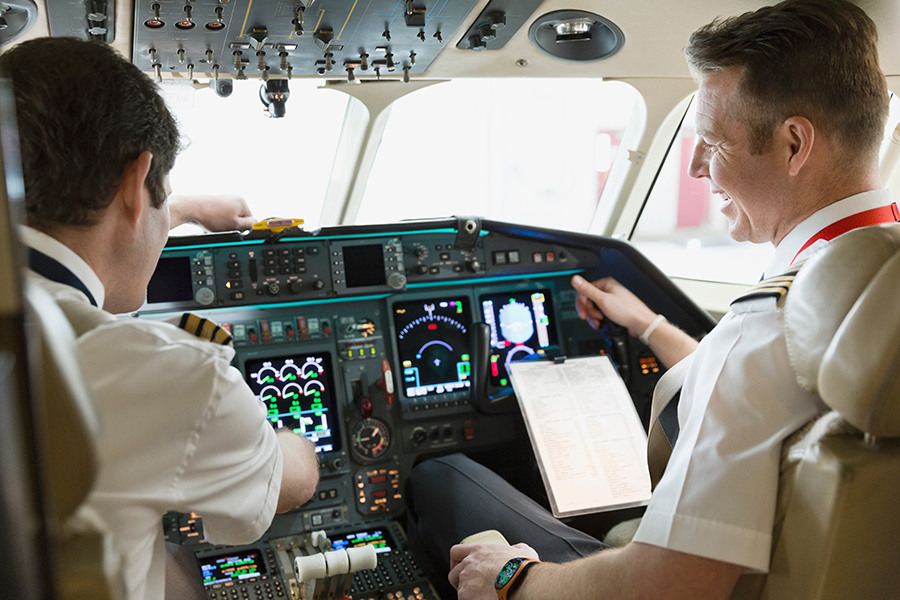
Fatigue can significantly affect a pilot’s performance while flying. This is because fatigue can lead to poorer decision-making, slower reaction times, and a greater likelihood of making mistakes.
Pilots are typically required to have a minimum number of hours of rest between shifts. This rest period helps ensure that pilots are not overly fatigued and are able to perform their duties safely.
Some studies show that certain levels of fatigue can be worse than being intoxicated. For this reason, it is imperative that pilots get enough rest and take steps to avoid fatigue.
Steps Pilots Can Take to Avoid Fatigue
There are a few things that pilots can do to avoid fatigue while flying. One is to get plenty of sleep before their shift. Airlines typically require their pilots to get a certain number of hours of sleep each night, and many have mandatory break periods during the day.
Pilots can also avoid caffeine and alcohol during their rest periods, as both can contribute to fatigue. It’s also important to stay hydrated, so pilots should drink plenty of water during their flights. A balanced diet also contributes to higher-quality rest.
Accidents Caused by Pilot Fatigue
There have been a number of aircraft accidents that have been directly linked to crew fatigue.
A few notable examples include:
- Korean Airlines Flight 801, 228 killed.
- Aeroflot Flight 7425, 200 killed.
- American Airlines Flight 1420, 11 killed.
- Corporate Airlines Flight 5966, 13 killed.
- Colgan Air Flight 3407, 50 killed.
- Ethiopian Airlines Flight 409, 90 killed.
- Air India Express Flight 812, 158 killed.
- Afriqiyah Airways Flight 771, 103 killed.
- Asiana Airlines Flight 214, 3 killed.
- UPS Airlines Flight 1354, 2 killed.
Conclusion
Fatigue can be a significant contributor to aviation accidents, so it’s imperative that pilots take steps to avoid it. By following the proper work hour regulations and getting plenty of rest, pilots can help ensure that they are well-rested and alert while flying.
There are a few things that pilots can do to avoid fatigue while flying, such as getting plenty of sleep before their shift, avoiding caffeine and alcohol during their rest periods, staying hydrated, and taking frequent breaks. Don’t play games with your life and the lives of others. Take your rest seriously, even (and perhaps especially) as a private pilot.
